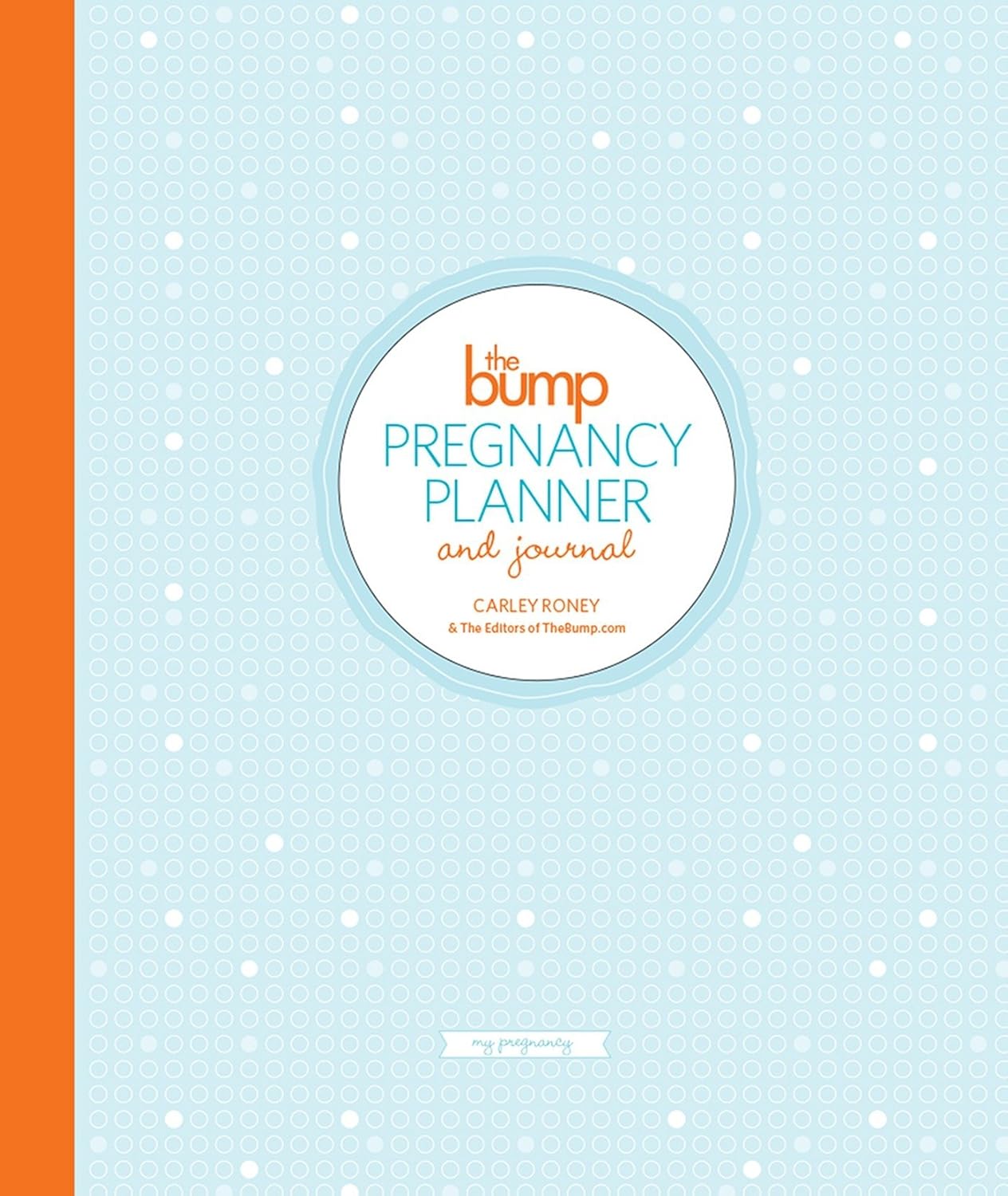Bump Pregnancy Planner and Journal
- Brand: Unbranded

Description
Your baby may be born with serious health problems, such as spina bifida. This is where the baby’s spine doesn’t develop properly
Pregnancy and diabetes | Diabetes UK Pregnancy and diabetes | Diabetes UK
If you are trying to have a baby or are just thinking about it, it is not too early to start getting ready for pregnancy. Preconception health and health care focus on things you can do before and between pregnancies to increase the chances of having a healthy baby. For some people, getting their bodies ready for pregnancy takes a few months. For other people, it might take longer. Whether this is your first, second, or sixth baby, the following are important steps to help you get ready for the healthiest pregnancy possible. 1. Make a Plan and Take Action Folic acid is a vitamin which occurs naturally in certain foods such as spinach, sprouts, broccoli, green beans and potatoes. Some bread and breakfast cereals are fortified with folic acid. However, the intake for each individual can vary. When you are pregnant, you need a good supply of folic acid to help with the development of the baby. If you take folic acid tablets in early pregnancy you reduce the risk of having a baby born with a spinal cord problem such as spina bifida. Your doctor may also recommend a a 5mg supplement if you take certain medicines, such as anti-epilepsy medicine or anti-retroviral medicine for HIV. Chronic medical conditions like diabetes, thyroid disease, kidney disease, or heart disease should be monitored and well-controlled prior to conception for the greatest chances of a healthy pregnancy.It's important to know whether you will breastfeed or bottle-feed your baby prior to delivery, as the breasts' ability to produce milk diminishes soon after childbirth without the stimulation of breastfeeding. Breast milk is easily digested by babies and contains infection-fighting antibodies and cholesterol, which promotes brain growth. Formula-fed babies actually need to eat somewhat less often since formula is less readily digested by the baby than human milk. This article explores the advantages and disadvantages of both forms of feeding. FYI: The data is mixed regarding how much caffeine is safe once you're expecting. Most say you can safely consume up to 200 milligrams a day, but some recommend forgoing it entirely, especially in the first trimester. Per the American College of Obstetricians and Gynecologists (ACOG), "a final conclusion cannot be made at this time as to whether there is a correlation between high caffeine intake and miscarriage." High caffeine intake is anything more than 200 mg per day. You could also try this Planning for Pregnancy tool created by Tommy’s – a charity dedicated to making pregnancy safer. It'll help you learn what you need to know. Folic acid should ideally be taken two months before conception to build the level of the vitamin up in the body to give maximum protection. As 1 out of 3 women can get pregnant within a month, waiting until stopping contraception to take folic acid means that many are at risk of inadequate protection from neural tube defects, such as spina bifida. Two women a week give birth to a baby affected by a neural tube defect that requires intensive lifelong medical care. It is an essential daily prenatal vitamin supplement you should take when trying to conceive. The recommended dose is 400 micrograms every day before you get pregnant and every day afterwards, up until you're 12 weeks pregnant.
for Pregnancy | Johns Hopkins Medicine How to Prepare for Pregnancy | Johns Hopkins Medicine
If you are on medication for high blood pressure (hypertension), ideally see your GP before becoming pregnant. As discussed in the medication section above, there are some blood pressure tablets which should not be taken if you are pregnant. Your doctor will advise if you need to change and may refer you to a specialist for further advice. Mental health Some types of fish may be high in mercury or other toxins and are not recommended for pregnant women. NIH, NHLBI Obesity Education Initiative. Clinical Guidelines on the Identification, Evaluation, and Treatment of Overweight and Obesity in Adults. Available online: Iron requirements during pregnancy increase because it's used by the body to make the extra blood that you and the baby. Blood loss during your periods or previous pregnancies can increase the risk of iron deficiency - anaemia especially if you are not getting enough through your diet. You should consider increasing your intake of iron-rich foods sources include liver, meat, poultry, fish, eggs, beans, nuts, dried fruit such as apricots, whole grains, fortified breakfast cereals, yeast extract, and green leafy veg.Many women choose to start pregnancy planning prior to conception so that they may minimize possible toxic exposures to the fetus. I have type 2 diabetes and am on insulin. I'm 8 weeks pregnant and I'm struggling to know what to eat...anyone got any great ideas they can share?" If you are overweight or obese, try to lose some weight before becoming pregnant. Women who are overweight or obese have more difficulty conceiving. There are also more likely to be complications in pregnancy if you are overweight, such as: For hormonal birth control pills, you'll want to stop a couple of months before you plan to start trying for a baby, says Robert A. Greene, M.D., co-author of Perfect Hormone Balance for Fertility. This timing gives you some time to evaluate your natural menstrual cycle and figure out when you're ovulating, which is the time of the month when you're most fertile.
- Fruugo ID: 258392218-563234582
- EAN: 764486781913
-
Sold by: Fruugo
